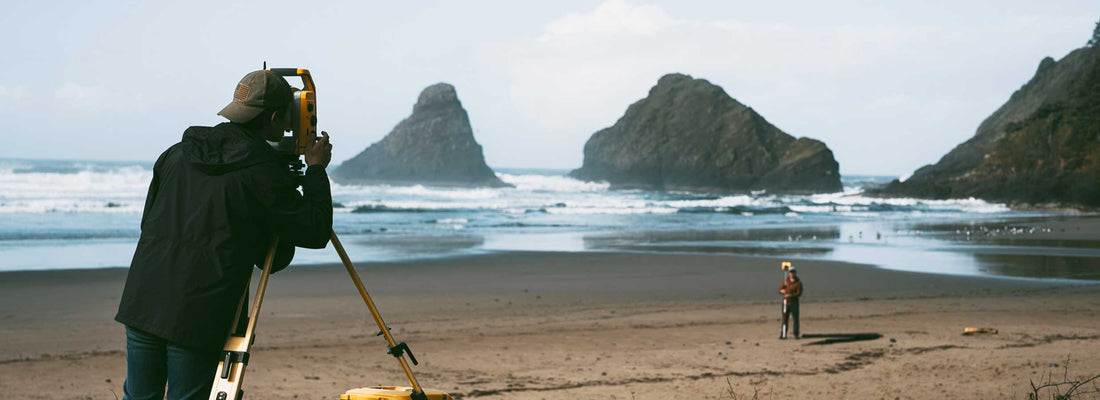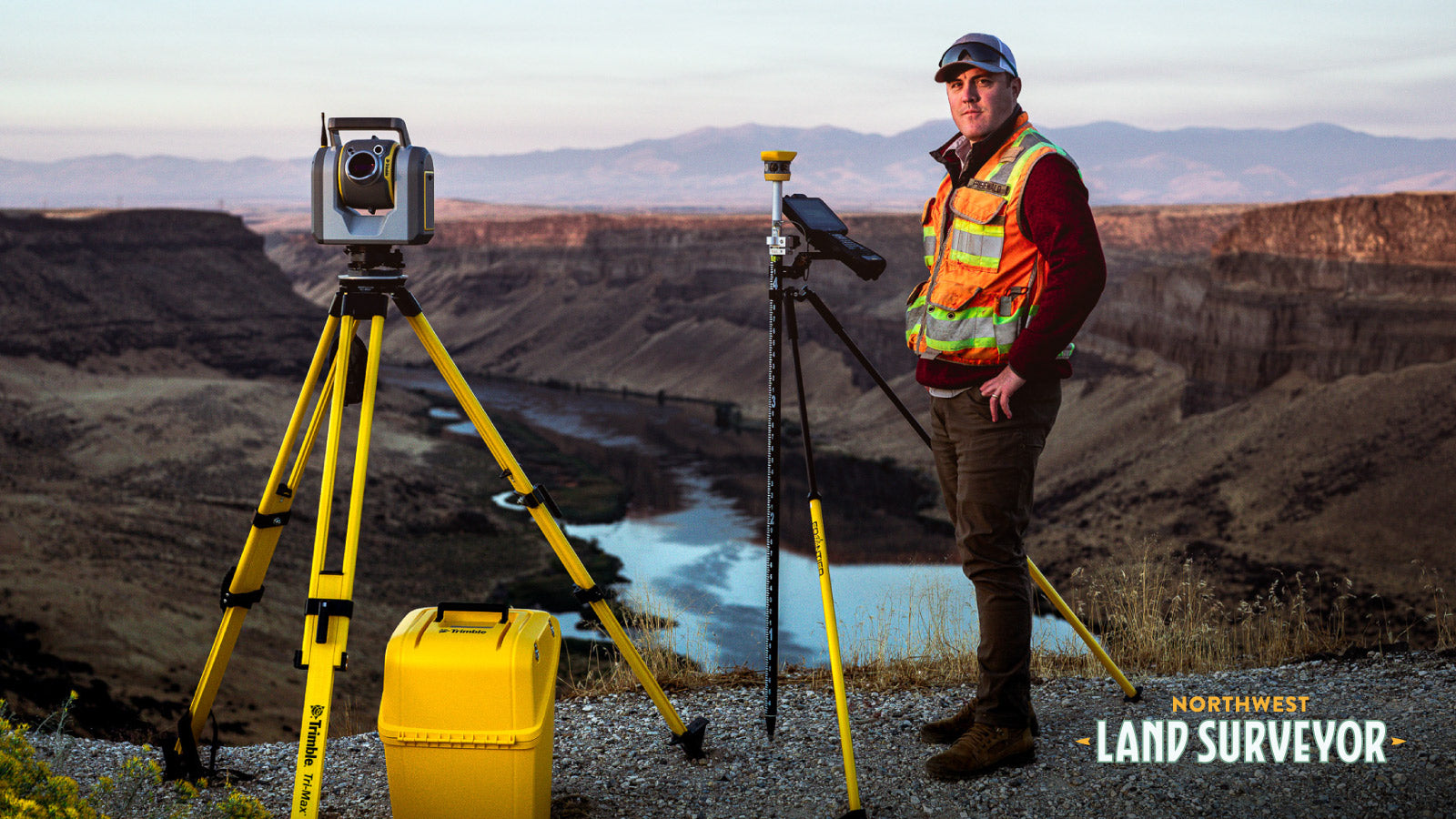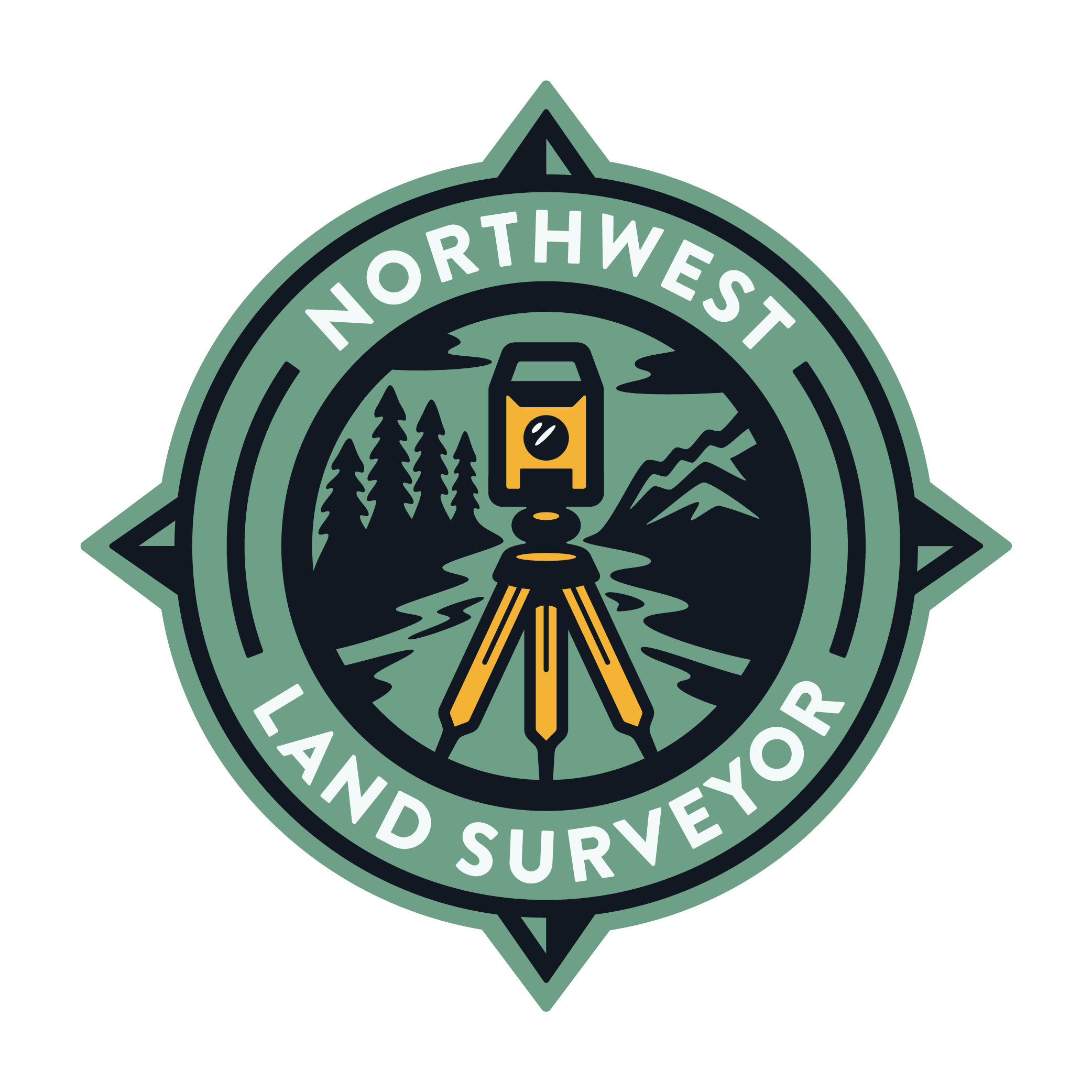Thinking About a Career Change? Here’s What You Need to Know
If you’re considering a career change into land surveying, you’re not alone. Many professionals transition into surveying from fields like construction, engineering, and architecture, while others come from completely different industries. The good news? It’s never too late to start.
Land surveying is a high-demand career that values real-world skills, technical expertise, and problem-solving—all of which can be learned through hands-on experience. Whether you’re looking for a more engaging career, a change from desk work, or a job that blends technology with the outdoors, surveying offers a clear path for career changers.
How Your Background Can Help You Transition Into Surveying
Your current experience may already give you a head start in surveying. Depending on your industry, you may have transferable skills that will shorten your learning curve:
- Construction Workers & Contractors – Experience with site plans, measurements, and project coordination translates well into field surveying.
- Engineers & Architects – Familiarity with CAD software, spatial analysis, and blueprint interpretation is highly valuable in mapping and design.
- Real Estate & Urban Planning Professionals – Understanding property boundaries, land use, and zoning laws aligns with surveying’s legal and regulatory aspects.
- Military Veterans – Many veterans bring discipline, technical skills, and field experience, making surveying a natural fit.
Where Do You Start?
If you don’t have experience in surveying, the best way to begin is by getting hands-on training. Most career changers start in entry-level roles, such as:
- Survey Technician or Field Assistant – Supports licensed surveyors in measuring and mapping land.
- GIS Mapping Technician – Works with geographic information systems (GIS) to analyze land data.
- CAD Drafter – Uses software to create digital survey maps and plans.
Do You Need a Degree?
One of the biggest questions career changers ask is: Do I need a degree to become a land surveyor?
The answer depends on the state you live in. If you’re in Oregon or Washington, you can take an experience-based pathway to licensure—meaning you don’t need a degree but must gain field experience under a licensed surveyor. If you’re in Idaho, a degree in surveying or geomatics is required for licensure.
To learn more about degree requirements and alternative pathways, read our guide: Do I Need a Degree to Be a Land Surveyor?
What Skills Do You Need to Become a Land Surveyor?
- Attention to Detail – Precise measurements and boundary accuracy are essential.
- Problem-Solving – Surveyors often work with historical records, maps, and new technology to resolve land disputes.
- Technology Proficiency – GIS, AutoCAD, and drone surveying are key tools in modern land surveying.
- Physical Stamina – If working in the field, surveyors navigate different terrains and weather conditions.
If you’re wondering whether you have the right skill set, check out: What Type of Person Should Become a Land Surveyor?
How Long Does It Take to Become a Land Surveyor?
- If you have a related background – You may transition into a surveying role within a few months by gaining field experience and studying for the FS exam.
- If you’re starting from scratch – Expect to spend 1-3 years gaining experience as a technician before moving toward licensure.
- If you pursue a degree – A four-year program can lead directly into a career with fewer required experience hours.
Is It Too Late to Become a Land Surveyor?
Absolutely not! Land surveying is a career that welcomes professionals from all backgrounds. Whether you have experience in construction, engineering, or an entirely different field, there’s a place for you in the industry. With the right training and experience, you can transition into a rewarding, high-demand career that offers both stability and growth.
Ready to make the switch? Learn how to start your surveying career here.







